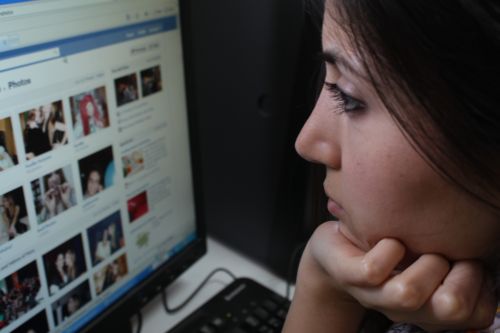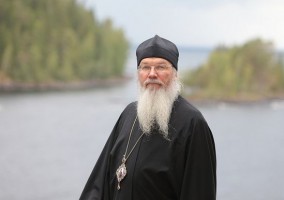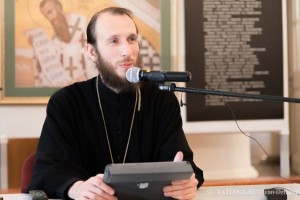A friend of mine died yesterday. He made a public announcement about it and then he committed suicide. Not physically, spare the thought, but for all practical purposes he is now dead to the world. How did it happen? Well, he officially announced that he is quitting Facebook for good, and, with this, his life has ended; no one will even remember that he ever was; he has passed into the World Wide Web oblivion.
He is not the only one to end like this. Today, if you do not have an electronic presence, you are a nobody to the world. If all your friends do not know what time you woke up and what you ate for breakfast, if they are not informed that you harvested in time your crop in Farmville or they did not had a chance to comment on the photo of your latest pair of shoes, your existence is so lame that virtually is reduced to non-existence.
The social media has become such a central piece of our existence that for many has started to replace real social interaction, you know, like actually meeting with a friend for coffee, if you can even remember what that is. Well, I am old enough to remember, but the point is that this is not healthy. On one hand we are more and more preoccupied with organic food and global warming, recycling and other healthy habits but on the other we underestimate the polluting effect that our ever-increasing online presence has on our life in general.
You may very well say I am a hypocrite. After all you read this article on a computer, probably reposted on my blog page, since we stopped printing our magazine for budgetary reasons. I admit, the social media has its perks: it is fast, it connects people, it entertains and so on. The danger however comes not from the technology itself; after all technology is just a tool like any other tool. If the Holy Fathers would have had access to e-mail, I am sure that many of their epistles would have been delivered that way. Who would want to use papyrus if a printer is available, or a horse when one could travel in a car? The danger does not come from the tools themselves, they are neutral, but from how and for what purpose do we use them.

A social network sits on the foundation of a genuinely good intention: to connect people. Facebook has made many high school reunions possible; LinkedIn has helped many people find a job through its web of friends and colleagues, Twitter has kept us abreast with all the events in Asia, the Middle East and other turbulent places on the earth. For many however, especially the younger generation, the social media has almost taken over real life.
By today’s unwritten rules of engagement a young person has to be befriended by the right people, has to receive a certain number of likes on their posts and so on in order to merely aspire at a status in the social stratosphere. The pressure is on, as early as elementary school, and is not easy to compete. It is not random that more and more psychologists warn about the epidemic of a new condition called “Facebook depression”.
This new ailment cannot be cured just by regulating the access to Internet. This may treat the symptoms but not the cause of the disease. The cause is once more not social media itself. Our youth need something that they think it can be found online: a life with a purpose, a life worth living, a life where one is appreciated and liked. In an online world one has the illusion that this can be obtained much easier that in real life, but, even if this would be true, the real life still needs to be faced with courage and resilience, not hiding one’s fears behind a cocky online avatar.
The paradox of social media is that although it thrives on connectivity it promotes isolation. I am in contact with the world, yet, I do not leave my room. An online interaction will never be able to replace human touch; an Internet friend will never substitute for a real friend. It is true however that not all human communities are the same and many do not allow for an easy integration. There is however one community can actually fulfill all our genuine social aspirations: the Church.
The Church is not just an ordinary group of people gathered together, is more that just a crowd, is a community of persons that share the same values and move in the same direction under the grace of God. The Church is a living organism that has life because the Holy Spirit flows in it from the Father and is accessible to us through the Son that descended on earth and made himself like us.
Jesus Christ knew that the voices of the prophets and the apparition of the angels were not loud enough to reveal what He had to say to us. So He chose to come in our midst, to become flesh so our interaction would be complete. If we have life today it is because Christ has given it to us by coming in the world unmediated.
This is the beautiful truth of Christianity, that we do not relate to a distant God, a God that is impersonal or does not care, we are in communion with a God that offers Himself to us, again and again, in every Eucharist we celebrate, uniting into His Body all those that partake of Him.
This is the only social network that will offer us the perfect life we desperately seek on the Internet. It is the only community that will accept us as we are, with our weaknesses and imperfections, offering us understanding, support and hope. The cure of the social media depression can be found only through a willful and joyful integration in the Body of Christ. In Him we never die, even if we leave Facebook, but we are given the opportunity to live forever a perfect life that is not a click away, but a prayer away.
Source: Gladsome Light Dialogues



















